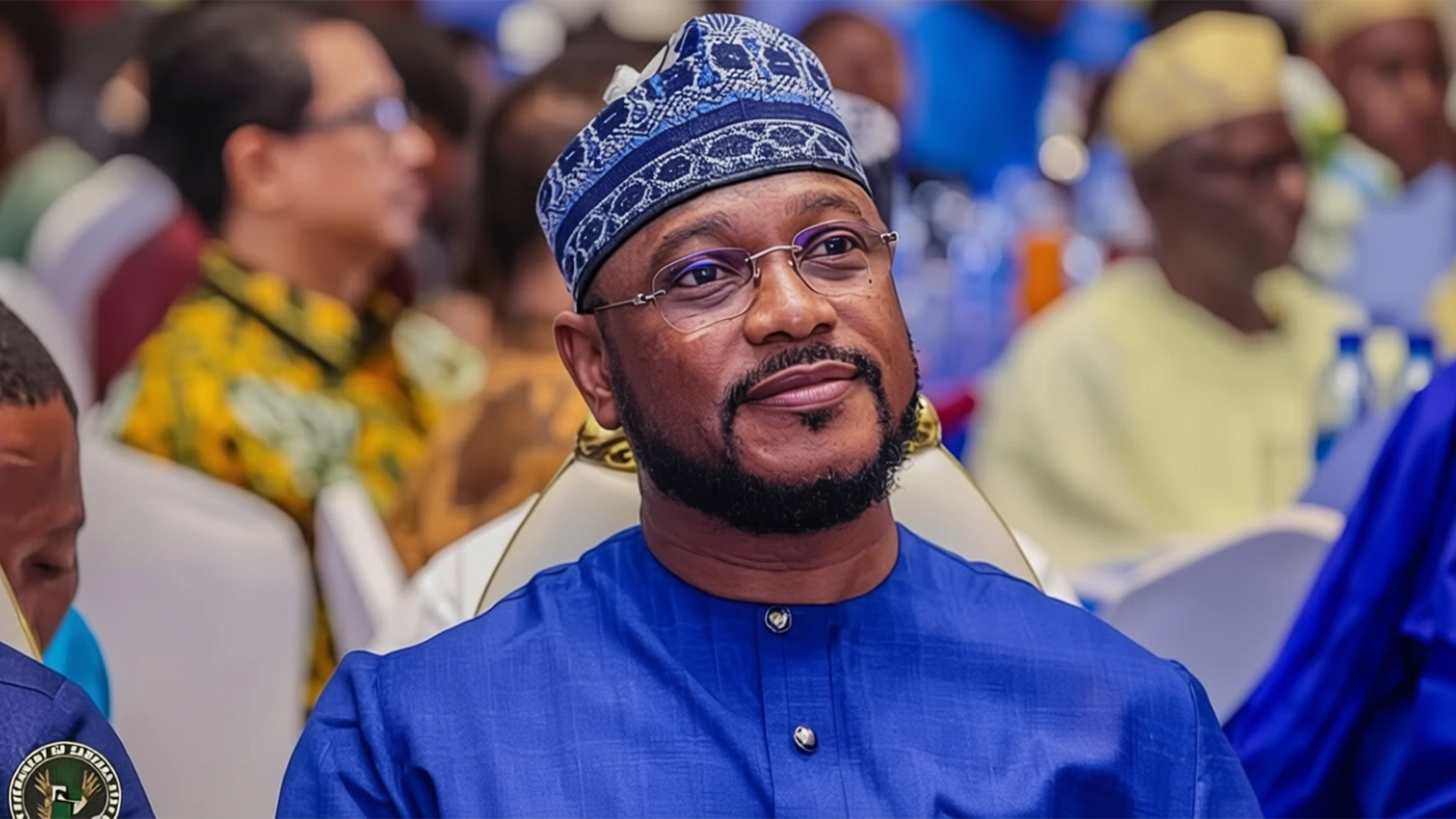
• UNICEF laments decline in vaccination, partners Lagos against misinformation
• Red Cross to deploy 4,000 volunteers for awareness
The World Health Organisation (WHO) has identified Nigeria, Democratic Republic of Congo (DRC) and Burundi as the most affected countries in Africa’s ongoing monkeypox (mpox) outbreak.
It has also approved the first mpox diagnostic test for emergency use, significantly boosting the diagnostic capacity in countries grappling with outbreaks of the disease.
The United Nations Children’s Fund (UNICEF) has partnered Lagos State government and social media influencers to promote Non-Polio Supplement and Immunisation Activities (NPSA), kicking off on October 19.
On its part, the Nigerian Red Cross Society (NRCS) said that it would deploy 4,000 community volunteers to conduct risk assessment communication to educate the populace about the infection and curb stigmatisation against those infected.
According to WHO’s latest multi-country external situation report, the DRC leads with 30,766 suspected cases, 5,610 confirmed cases and 25 deaths; followed by Burundi with 2,188 suspected cases, 853 confirmed cases and no reported death.
The data from January 1 to September 29, 2024 saw Nigeria on the third rung with 78 confirmed cases and no death.
Meanwhile, for the same period, data from the Nigeria Centre for Disease Control and Prevention (NCDC) show that the country recorded 1,237 suspected and 84 confirmed cases across 57 local councils in 25 states and the Federal Capital Territory (FCT). Children below five years old are mostly affected, followed by age groups 26 to 30, 41 to 45 and 46 to 50.
NCDC established that 68 per cent of cases in 2024 were reported in males.
THE WHO test, known as the Alinity MPXV Assay, is a real-time Polymerase Chain Reaction (PCR) test that detects Monkeypox Virus (MPXV) DNA from human skin lesion swabs.
Manufactured by an American company, Abbott Molecular Inc., the test is designed for use by trained clinical laboratory personnel.
“This first mpox diagnostic test listed under the Emergency Use Listing procedure represents a significant milestone in expanding testing availability in affected countries,” WHO Assistant Director-General for Access to Medicines and Health Products, Dr Yukiko Nakatani, said.
PCR testing, which detects viral DNA, remains the gold standard for diagnosing mpox. Early diagnosis is critical for enabling timely treatment and controlling the virus, though limited testing capacity and delays in confirming cases continue to hinder efforts in Africa, where mpox remains widespread.
Over 30,000 suspected mpox cases have been reported in Africa this year. Notably, only 37 per cent of suspected cases in the DRC have been tested.
According to UNICEF, the immunisation campaign targets measles vaccination for children aged nine months to five years, yellow fever vaccinations for individuals aged nine months to 44 years, and routine immunisation for children below two years of age.
This was disclosed at an advocacy dialogue with social media influencers on NPSIA organised by UNICEF, in Lagos.
Social and Behavioural Change Specialist at UNICEF, Aderonke Akinwole, noted that it was important to leverage the vast reach and influence of social media to dispel misinformation about vaccines.
Akinwole lamented that vaccination misinformation and misconceptions led to declining vaccine trust and acceptance in Nigeria, adding that the Coronavirus Disease (COVID-19) also exacerbated the issue, with many people doubting vaccine efficacy and potency.
“To combat this, we’re utilising social media influencers’ platforms to disseminate authentic messages and promote vaccine trust.
“Social media influencers have a significant impact on public perception. As role models, they’ve built trust with their audiences, making them ideal partners in spreading correct information about vaccines,” she said.
Akinwole expressed gratitude to the state and federal governments for ensuring vaccine availability and access.
Director of Health Education and Health Promotion Services, Lagos State Primary Healthcare Board, Mrs Onfo Adeshola, noted the importance of sensitising the social media influencers to share correct information about NPSIA.
On his part, Immunisation Programme Coordinator for Lagos State Primary Healthcare Board, Dr Akinpelu Adetola, stressed the importance of traditional and social media in disseminating vaccine initiatives.
He urged the public to get the Human Papillomavirus (HPV) vaccine, which is 90 per cent effective in fighting cervical cancer and other viruses.
DIRECTOR, Health and Care, NRCS, Dr Manir Jega, disclosed the volunteers’ deployment at a three-day capacity-building workshop for states’ sub-national teams, organised in partnership with NCDC, yesterday, in Abuja.
“We are supporting the Nigerian government to respond to the mpox outbreak, as cases of the infection have been reported almost in all the states of the federation. So, the Nigerian Red Cross is specifically supporting with the deployment of 4,000 community volunteers that are going to go into the nook and crannies of those high-burdened states to conduct risk communication and community engagement. They would also be supporting with surveillance and active case search for the disease.
“Because there is stigma attached to the mpox, people that are affected often find it very difficult to interact with the population; so part of these volunteers would be trained on Mental Health and Psychosocial Support (MHPSS). They would be providing support and building the confidence of people, especially those affected, so that the stigma will be low, even as the mortality is very low and Nigeria has not recorded any death,” Jega explained.
Senior Epidemic Preparedness and Response Officer, NCDC, Dr Odianosen Ehiakhamen, said the programme “is a train-the-trainer initiative to cascade knowledge acquired to other team members before they are sent into select communities in addition to live phone-in radio shows, an avenue for experts to educate the public on mpox.”






